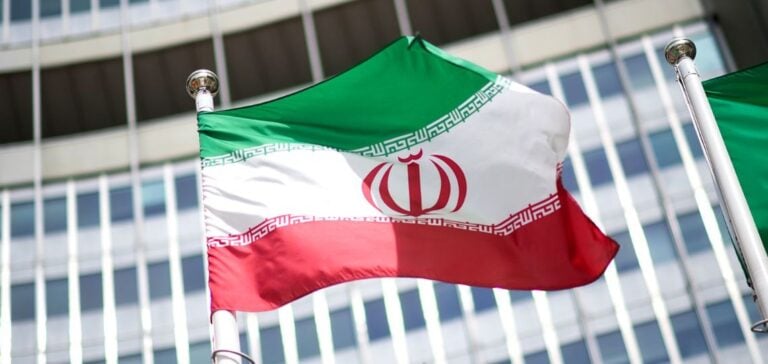Relations between Iran and the International Atomic Energy Agency (IAEA) may face significant strain following a new initiative led by European countries in collaboration with the United States. This resolution, accusing Iran of lacking cooperation in its nuclear program, is set to be voted on Thursday at the IAEA headquarters in Vienna.
Paris, Berlin, and London, grouped under the E3, joined forces with Washington to draft this text. It emphasizes the urgency for Tehran to provide precise and technical answers regarding the discovery of unexplained uranium traces at undeclared sites near Tehran, specifically in Turquzabad and Varamin. These findings have fueled suspicions regarding Iran’s nuclear program.
Iranian Foreign Minister Abbas Araghchi criticized the initiative as “inappropriate” and harmful. In a statement, he said such a decision would only “weaken” the cooperation between the IAEA and Iran. He also warned that Iran would respond “accordingly and appropriately” if the resolution were to pass.
Kazem Gharibabadi, Deputy Foreign Minister for Legal Affairs, criticized the use of the IAEA as a “political tool” by European countries. This viewpoint was echoed on X, where he expressed his dissatisfaction with what he perceives as the instrumentalization of the international agency.
Historical Context
This standoff takes place within a tense climate following the U.S.’s withdrawal from the 2015 Vienna nuclear deal in 2018. Under President Donald Trump, Washington unilaterally exited the agreement signed between Iran and major world powers (France, Germany, the United Kingdom, China, Russia, and the United States). This treaty had imposed strict limitations on Iran’s nuclear activities in exchange for relief from international sanctions.
In response to the U.S. decision, Iran gradually ceased its compliance with the agreement. Tehran notably raised its uranium enrichment level to 60%, nearing the 90% threshold required for weapon production, compared to the initial cap of 3.67%.
Possible Repercussions
The strained relations between Iran and the IAEA further complicate diplomatic efforts to revive the 2015 agreement, which many now regard as a “hollow shell.” Despite negotiations in 2022, no viable compromise was reached.
Iran continues to deny any military ambitions for its nuclear program, but the international community remains cautious. The current tensions underscore the challenges of finding a long-term diplomatic solution while Iran faces increasing international pressure.






















